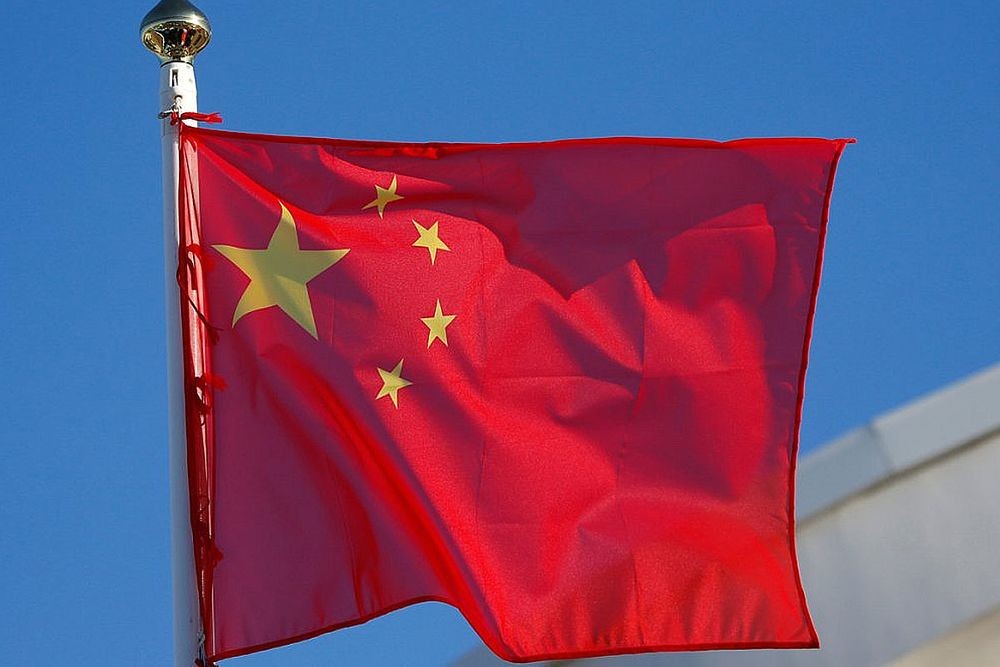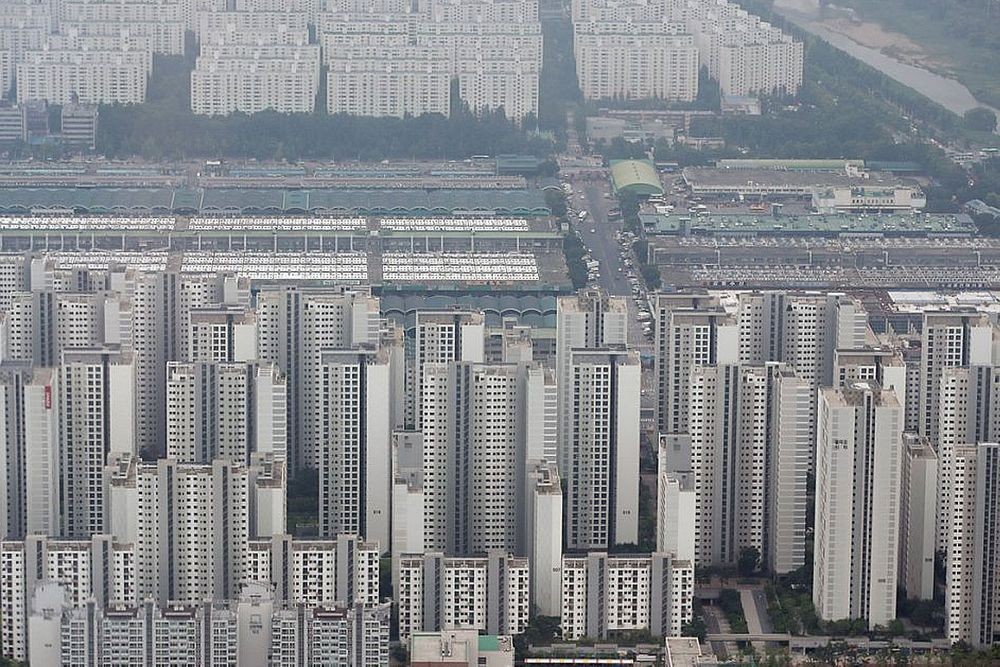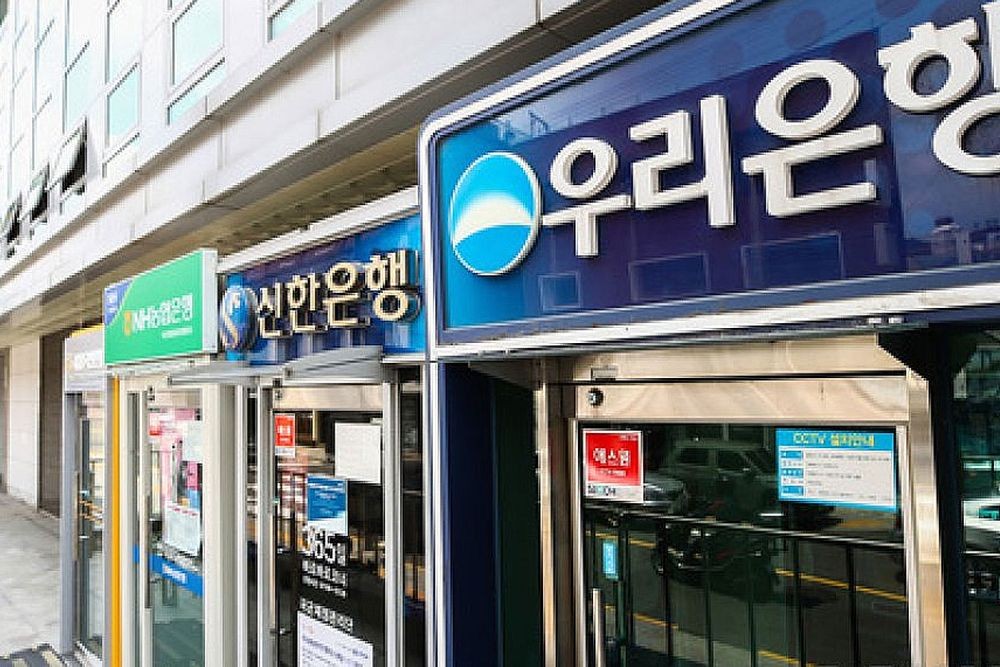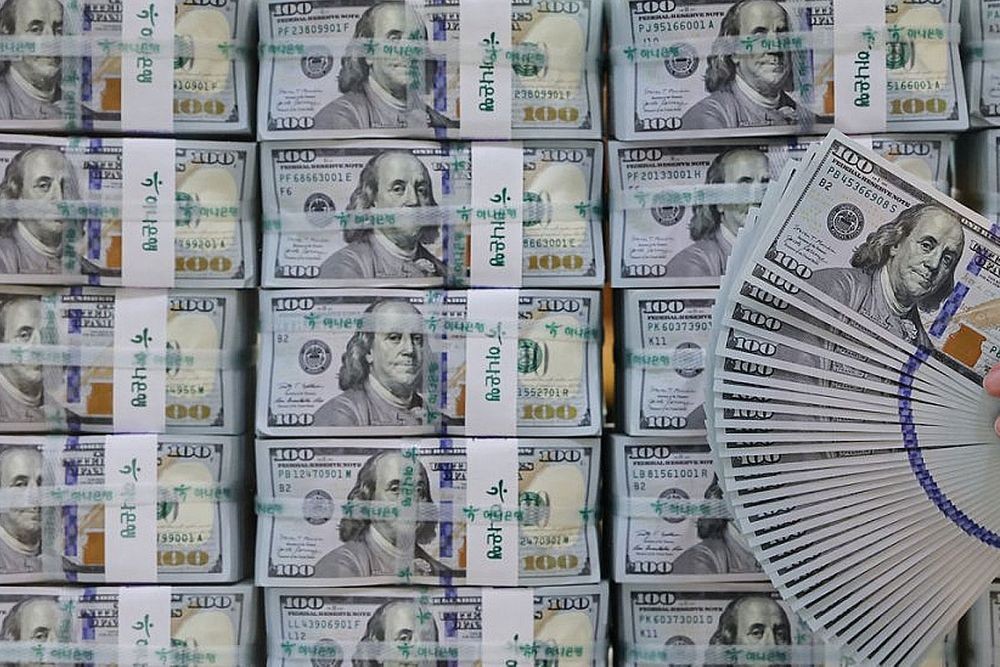Last year, the number of real estate properties purchased by foreigners in South Korea was tallied at 15,614, marking a shocking record. It has been revealed that this is the highest number of properties acquired by foreigners since 2010.
According to the ‘Status of Purchasers in Ownership Transfer Registration by Sale’ posted on the Court Registry Information Square on the 10th, it was known that among those who purchased real estate in the country last year and applied for ownership transfer registration, foreigners amounted to a total of 15,614 people.

This accounts for 0.90% of all buyers, with Chinese buyers reaching 11,384, accounting for 72.9%. The United States followed with 7,892, Canada with 1,627, and Taiwan with 521.
Since 2010, when the status of buyers applying for ownership transfer by sale was first announced, the proportion of foreign buyers has steadily increased, reaching a record high last year.
Lease contracts with foreign landlords were tallied in order of Seoul with 4,612, Gyeonggi with 3,814, Incheon with 499, Chungnam with 301, Busan with 296, and Jeju with 155.
Bupyeong District in Incheon had the highest number of Chinese buyers: 653 in Bupyeong District, 602 in Wonmi District, Bucheon City, Gyeonggi Province, 557 in Siheung City, and 552 in Danwon District, Ansan City. In Seoul, Guro District, Geumcheon District, and Yeongdeungpo District were known to have the most Chinese buyers.

They mainly purchased collective buildings such as apartments, office buildings, multi-family houses, and commercial buildings. Last year, 10,227 people, accounting for 1.21% of all purchasers, bought such collective buildings.
As foreign buyers increase, so do foreigners who earn income through rent. According to the Confirmed Date Landlord Status from the Court Registry Information Square, 17,786 lease contracts with foreign landlords received confirmed dates last year, the highest number since 2010.

As foreigners’ demand for real estate increased, the scale of foreign housing mortgage loans also grew to approximately $17.69 billion. According to data submitted by the Financial Supervisory Service from Rep. Seo Beom Su of the National Assembly’s Land, Infrastructure, and Transport Committee, as of the end of June last year, the balance of home mortgage loans by the four central banks (KB Kookmin, Shinhan, Hana, and Woori Bank) increased by 3.3% from $17.16 billion at the end of the previous year to $17.69 billion. Of this, the mortgage scale of Chinese nationals accounted for 57.9%, recording approximately $10.26 billion.
The increase in foreign buyers is attributed to the fact that foreigners are less restricted by loan regulations than locals.

While locals face restrictions on mortgage loans and tax regulations for owning multiple homes, there are no specific measures to regulate foreigners. Furthermore, foreigners can also raise funds from their home countries, making them more accessible in transactions.
The issue does not end with the increase in foreign buyers; the continuous negative public opinion is due to the ongoing harm caused by this trend.

There have been continuous cases of foreigners illegally purchasing domestic real estate. The Ministry of Land, Infrastructure, and Transport conducted a planned investigation of actual foreign transactions from August to December, and 272 were suspected of being illegal. The most common cases involved bringing in more than $10,000 in cash for real estate acquisition from overseas without declaration or illegally importing acquisition funds without going through a foreign exchange bank.
In addition, many cases were of people who visited on a visit-employment visa. Since the nature of the visit-employment visa issuance makes profit-making activities impossible, these people were caught renting without activity permission or lending real estate transaction money to the buyer without a loan certificate after a specially related person lent it.
Shockingly, some cases were also caught where individual business owners borrowed loans for corporate operating funds from financial institutions and used them to buy houses.

It cannot be easily overlooked that the status of foreign buyers continues to increase while illegal trades by foreigners continue to be caught. There is a general opinion that foreign speculative illegal real estate investment should be stopped.
The acquisition of domestic apartments by foreigners has also been cited as a reason for the rising house prices, making it more difficult for locals to purchase real estate. In this regard, some argue that regulations on foreign real estate purchases should be strengthened and that the government should take the lead in catching and severely punishing such illegal foreign purchases.









Most Commented